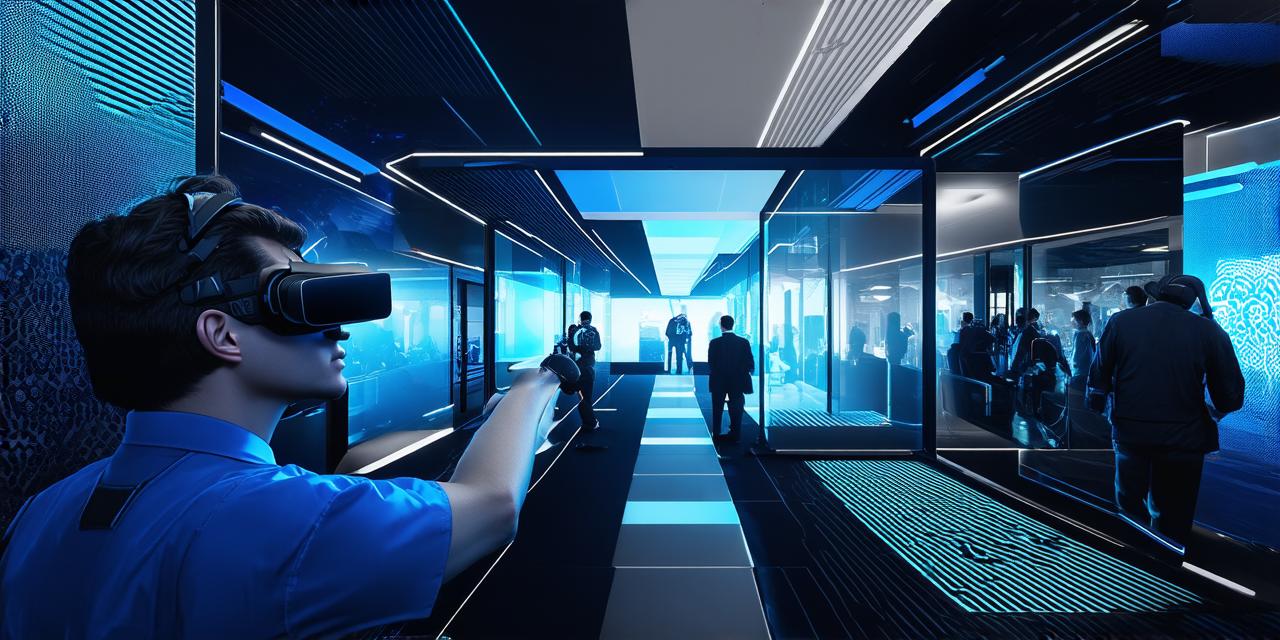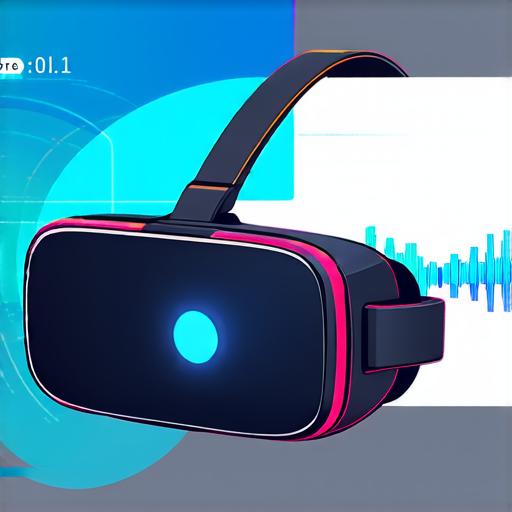
Who benefits from virtual reality technology?
<!DOCTYPE html>
The Benefits of Virtual Reality Technology for Various Industries
Virtual reality (VR) technology has been evolving rapidly in recent years. It’s no longer just a novelty or a gimmick; it’s becoming increasingly important in various industries, including gaming, education, healthcare, and more.
The Benefits of Virtual Reality Technology for Various Industries
Virtual reality has the potential to revolutionize many industries, including gaming, education, healthcare, entertainment, and more. In this section, we will explore some examples of how virtual reality technology is being used in these industries.
Gaming Industry
One of the most obvious beneficiaries of virtual reality technology is the gaming industry. With VR, gamers can immerse themselves in a new world and experience their favorite games in a whole new way. They can feel like they are part of the game and can interact with it on a level that was previously impossible.
Virtual reality has also opened up new possibilities for game development. Game developers can create more interactive and engaging experiences, where players have to physically move around in order to progress. For example, games like “Job Simulator” and “Beat Saber” are specifically designed to be played using VR.
Education Industry
Virtual reality technology has also found its place in the education industry. It can provide students with a more immersive and interactive learning experience. For instance, students can take virtual field trips to different parts of the world or explore historical events in a 3D environment.
Virtual reality can also help students with disabilities, like dyslexia or ADHD, to learn in a more engaging way. For example, virtual reality therapy has been used to treat anxiety and depression, by providing patients with a safe space to practice and overcome their fears.
Healthcare Industry
The healthcare industry is another area that can benefit greatly from virtual reality technology. Virtual reality can be used for medical training, where doctors and nurses can simulate surgical procedures in a controlled environment. This can reduce the risk of errors during real-life surgeries and improve patient outcomes.
Virtual reality can also be used for therapy, like exposure therapy for anxiety disorders or pain management for chronic conditions. Virtual reality therapy has been shown to be as effective as traditional therapy methods, with fewer side effects.
Entertainment Industry
Virtual reality technology is also being used in the entertainment industry. For example, virtual reality concerts and events can provide attendees with a more immersive experience. They can feel like they are part of the action and can interact with other attendees in real-time.
Virtual reality can also be used for advertising and marketing campaigns. Companies can create virtual product demos or immersive brand experiences that engage customers on a deeper level.
Other Industries
Virtual reality technology has found its way into many other industries, including architecture, design, engineering, and more. For example, architects can use virtual reality to create realistic 3D models of buildings and to test different designs before construction begins. Engineers can use virtual reality to simulate complex machinery and test different scenarios in a safe environment.

The Future of Virtual Reality Technology
Virtual reality technology is constantly evolving, and we can expect it to become even more immersive and interactive in the future. We will see more advanced hardware and software that will allow for even more realistic experiences. We will also see virtual reality becoming more accessible and affordable, with more people having access to VR devices and content.
FAQs
1. What is virtual reality technology?
Virtual reality (VR) technology is a computer-generated simulation of a three-dimensional environment that can be interacted with and explored using a specialized headset or other devices.
2. Who benefits from virtual reality technology?
Virtual reality technology has many benefits across different industries, including gaming, education, healthcare, entertainment, and more. It provides a more immersive and interactive learning experience, can be used for medical training and therapy, and can provide a unique entertainment experience.
3. What are some potential risks associated with virtual reality technology?
Some potential risks associated with virtual reality technology include motion sickness, eye strain, and disorientation. It’s important to use virtual reality in moderation and to take breaks when necessary.
4. How is virtual reality being used for medical training?
Virtual reality is being used for medical training by providing a controlled environment for doctors and nurses to simulate surgical procedures and other medical scenarios. This can reduce the risk of errors during real-life surgeries and improve patient outcomes.
5. What are some potential applications of virtual reality technology in the entertainment industry?
Virtual reality technology is being used in the entertainment industry for concerts, events, advertising, and marketing campaigns. It allows for a more immersive experience that can engage customers on a deeper level.